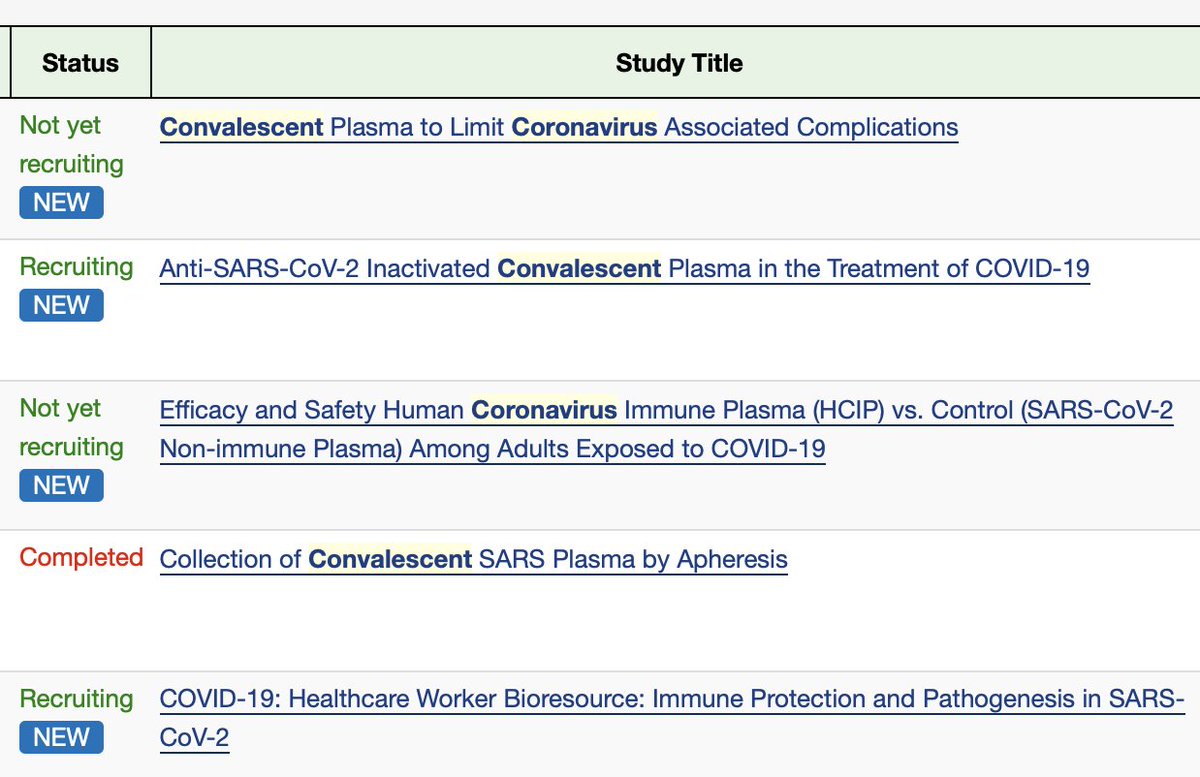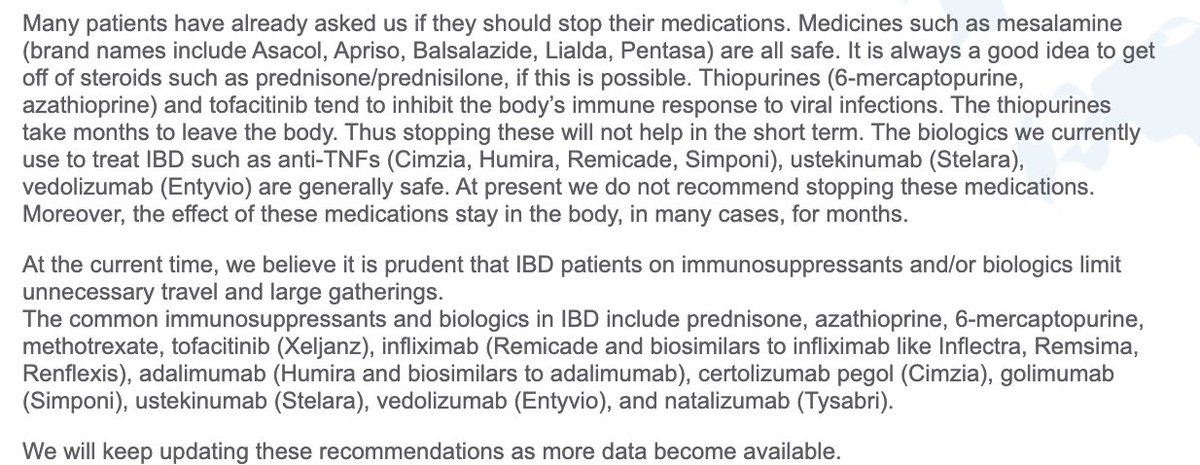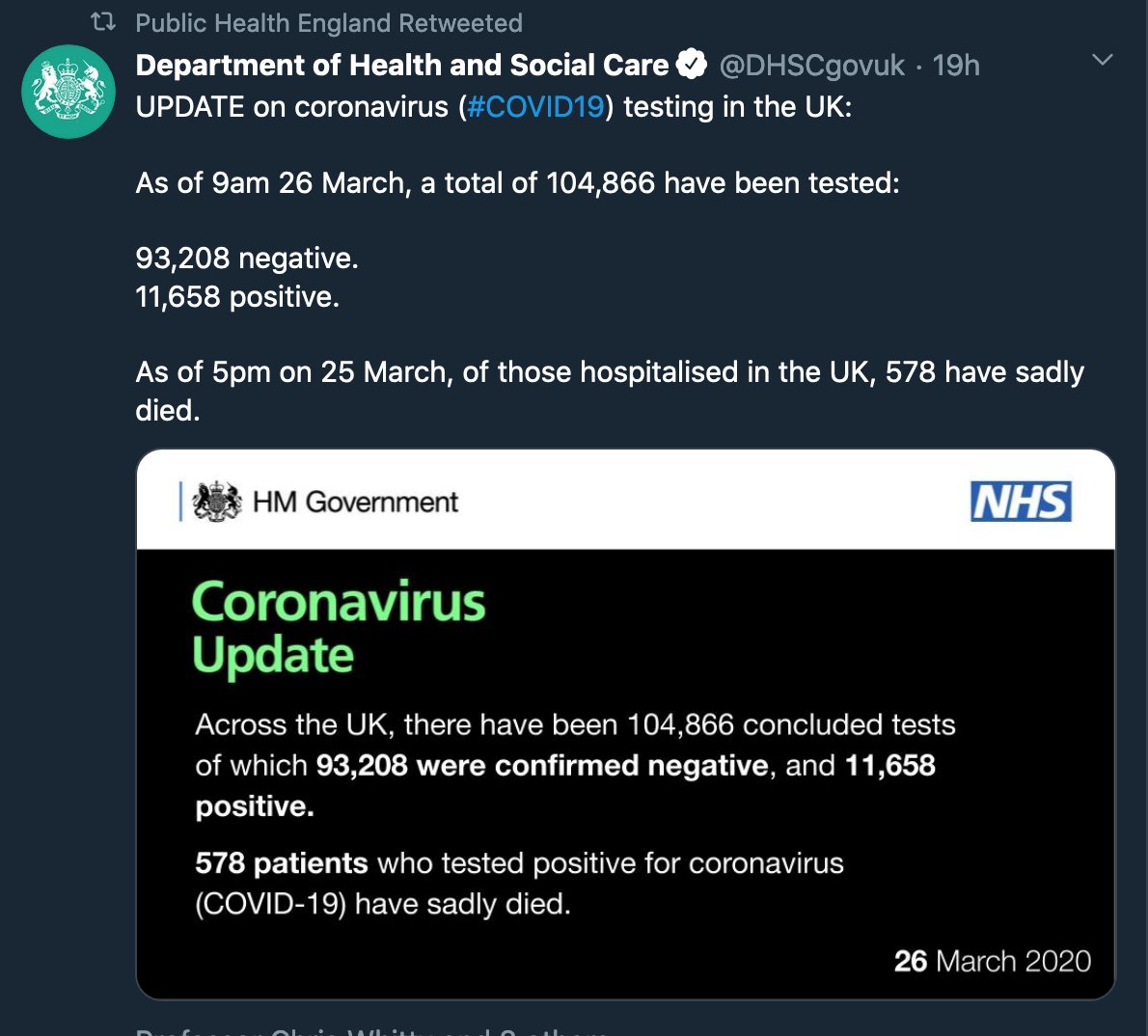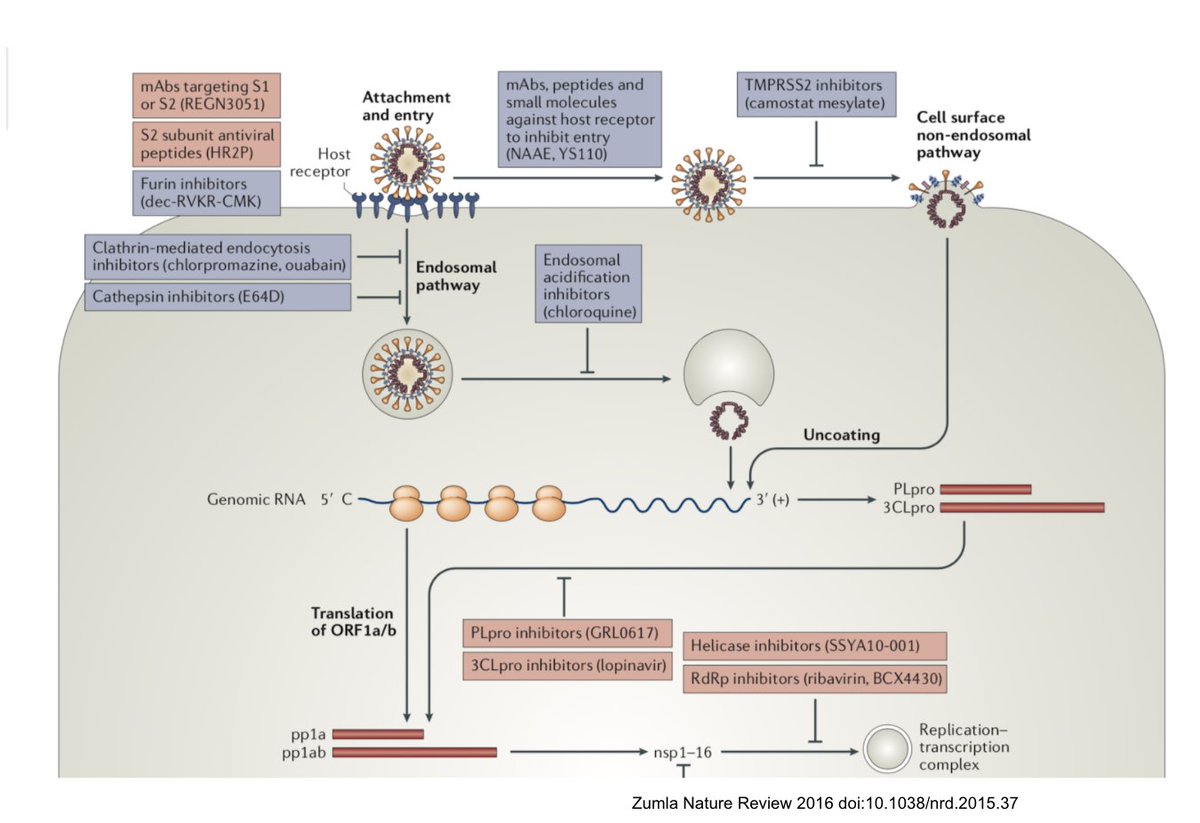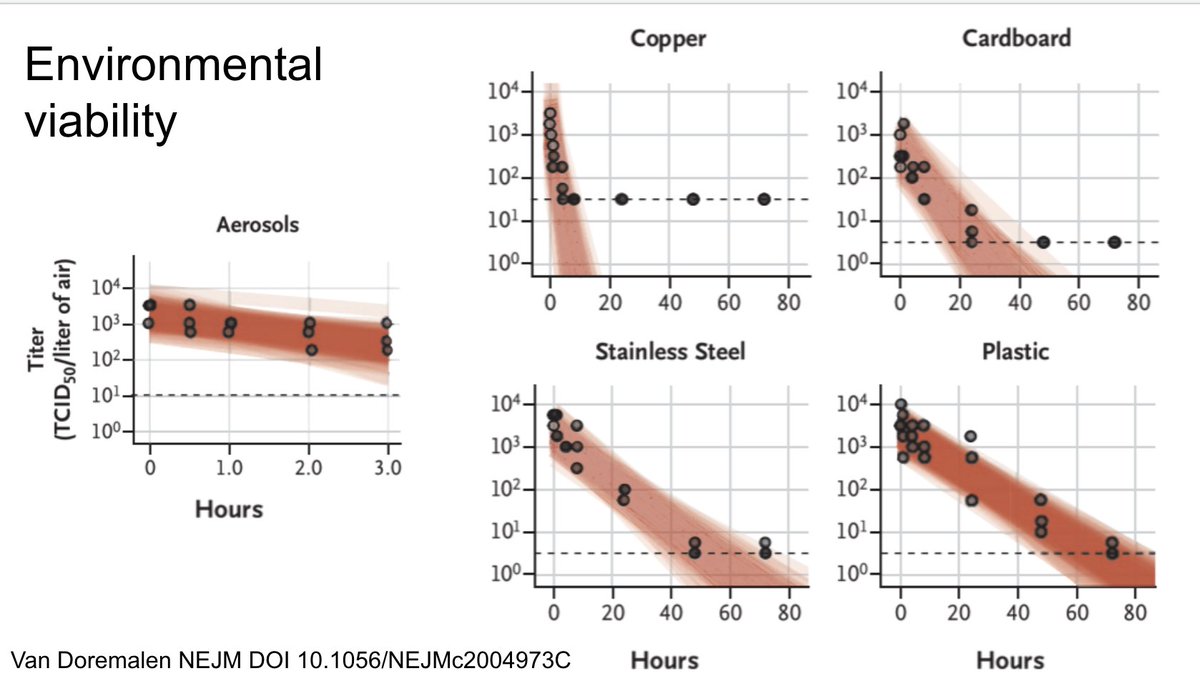Less sensitive means more false negative results (you actually have the virus, but the result says you don't).
Less specific means more false positive results.
2/
3/
But read on, please:
4/
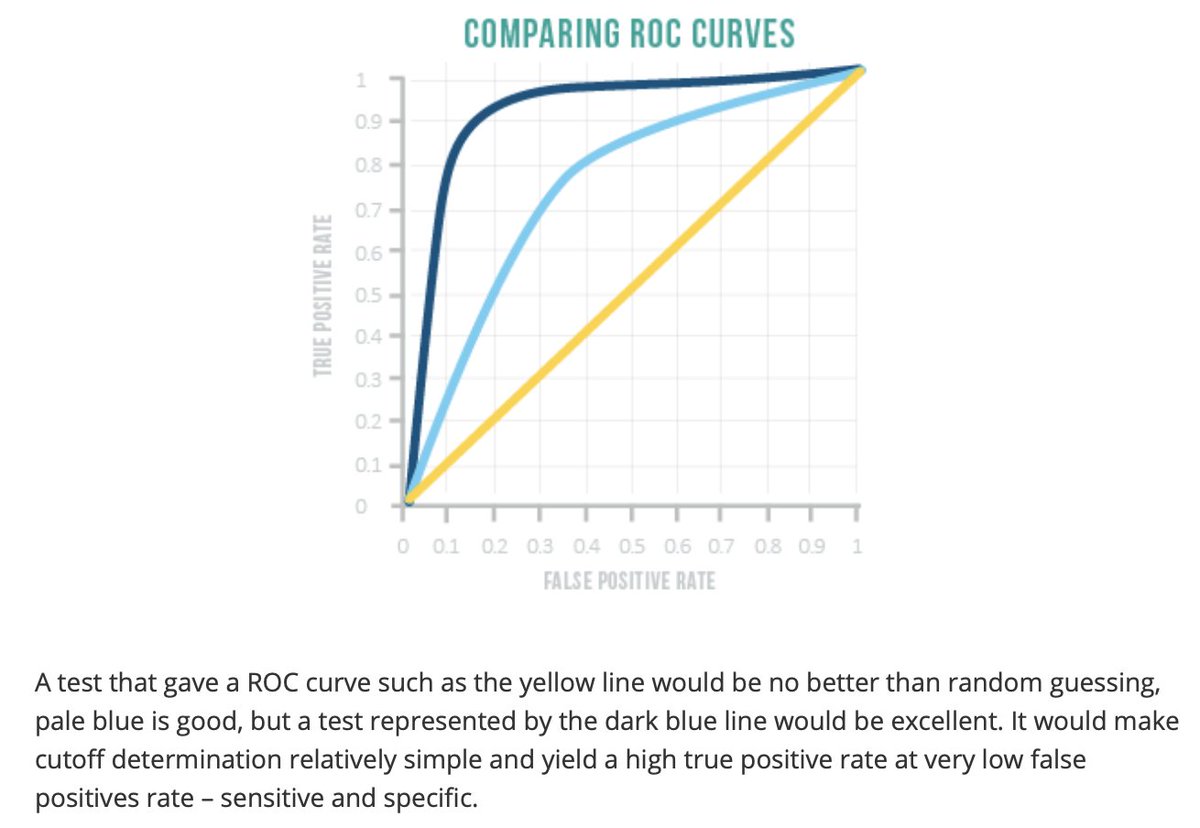
Blood tests for your body's antibodies against the virus (#SARSCoV2).
We know lots about the immunology of our antibody responses to infections, here is a slimmed down version.
5/
6/
So IgM titers go up first, followed by IgG.
7/
Back to #SARSCoV2
8/
How can we know that?
▶️Because there are studies looking at this very question from the 1st SARSCoV outbreak (2002), like this 2004 paper: ncbi.nlm.nih.gov/pmc/articles/P…
9/
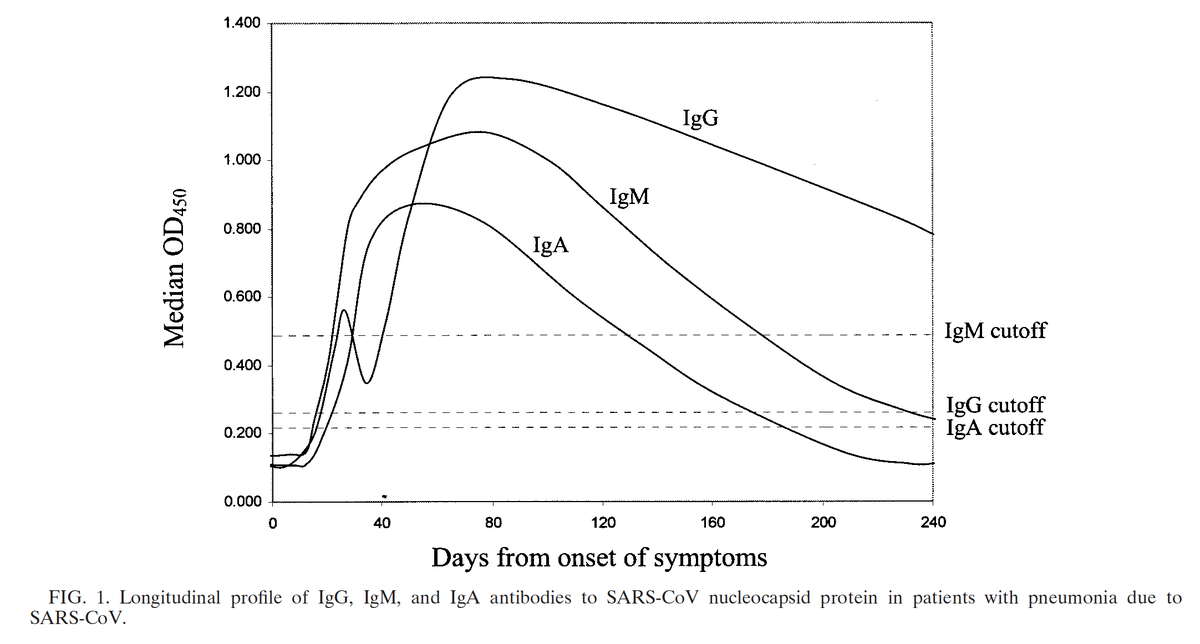
▶️Can we do it better? Yes, but not yet.
Read on ⬇️
11/
12/
In the meantime, knowing who has anti-SARSCoV2 antibodies can provide valuable information, but we need to make sure of a few more things.
❓Are these antibodies truly protective against infection?❓Do they last?
13/
Here are the ones listed on clinicaltrials.gov
15/15 fin
